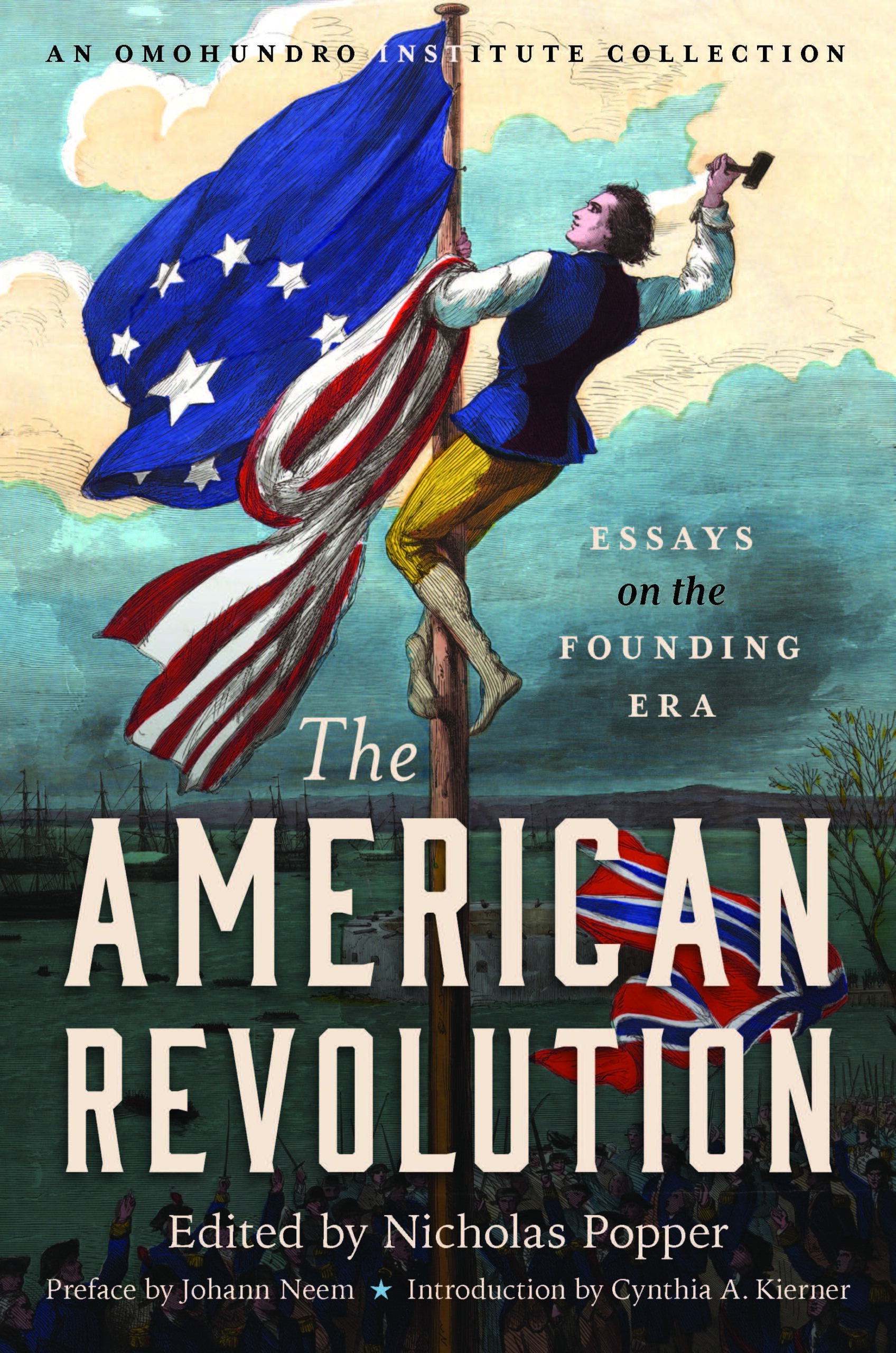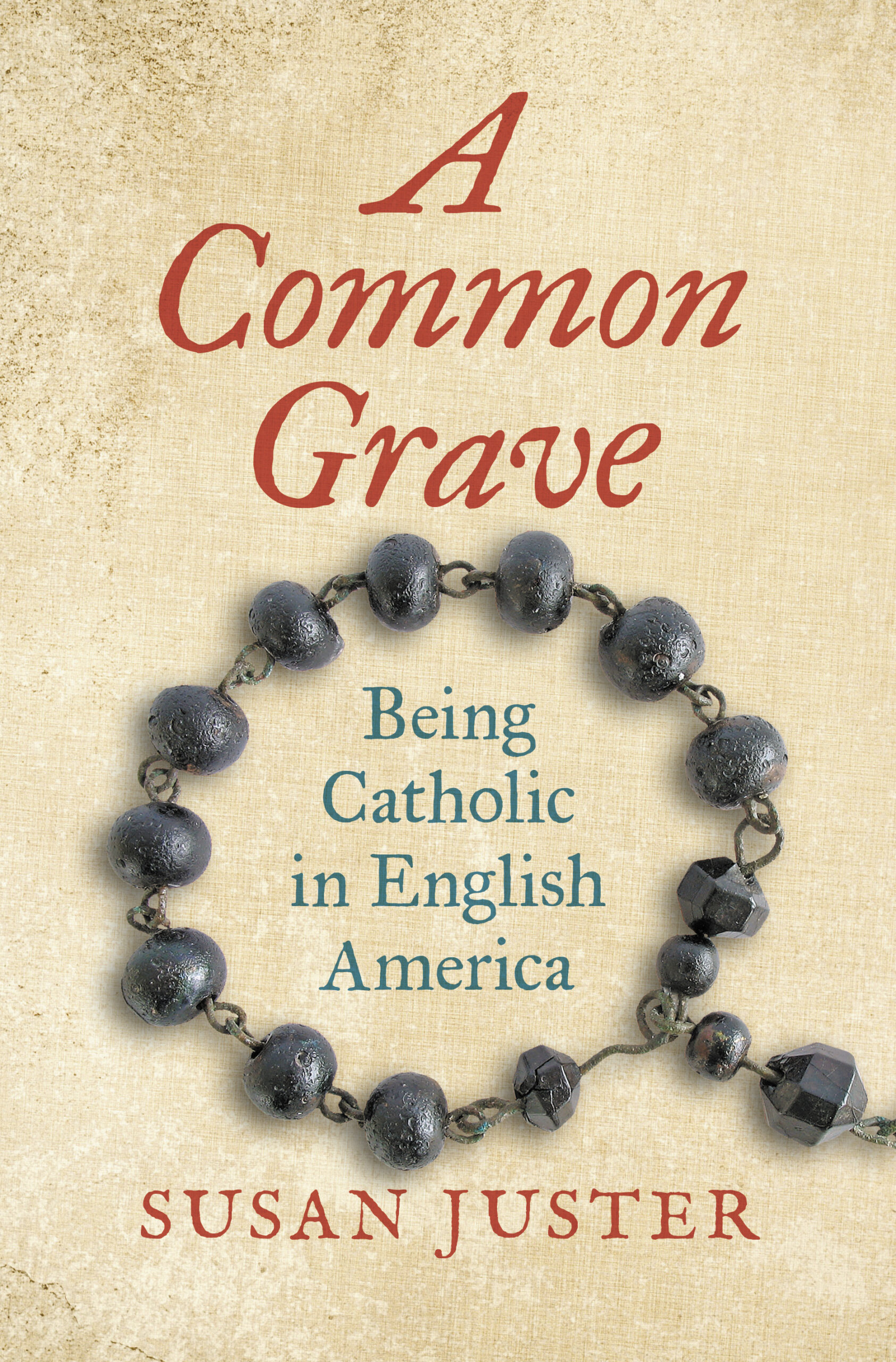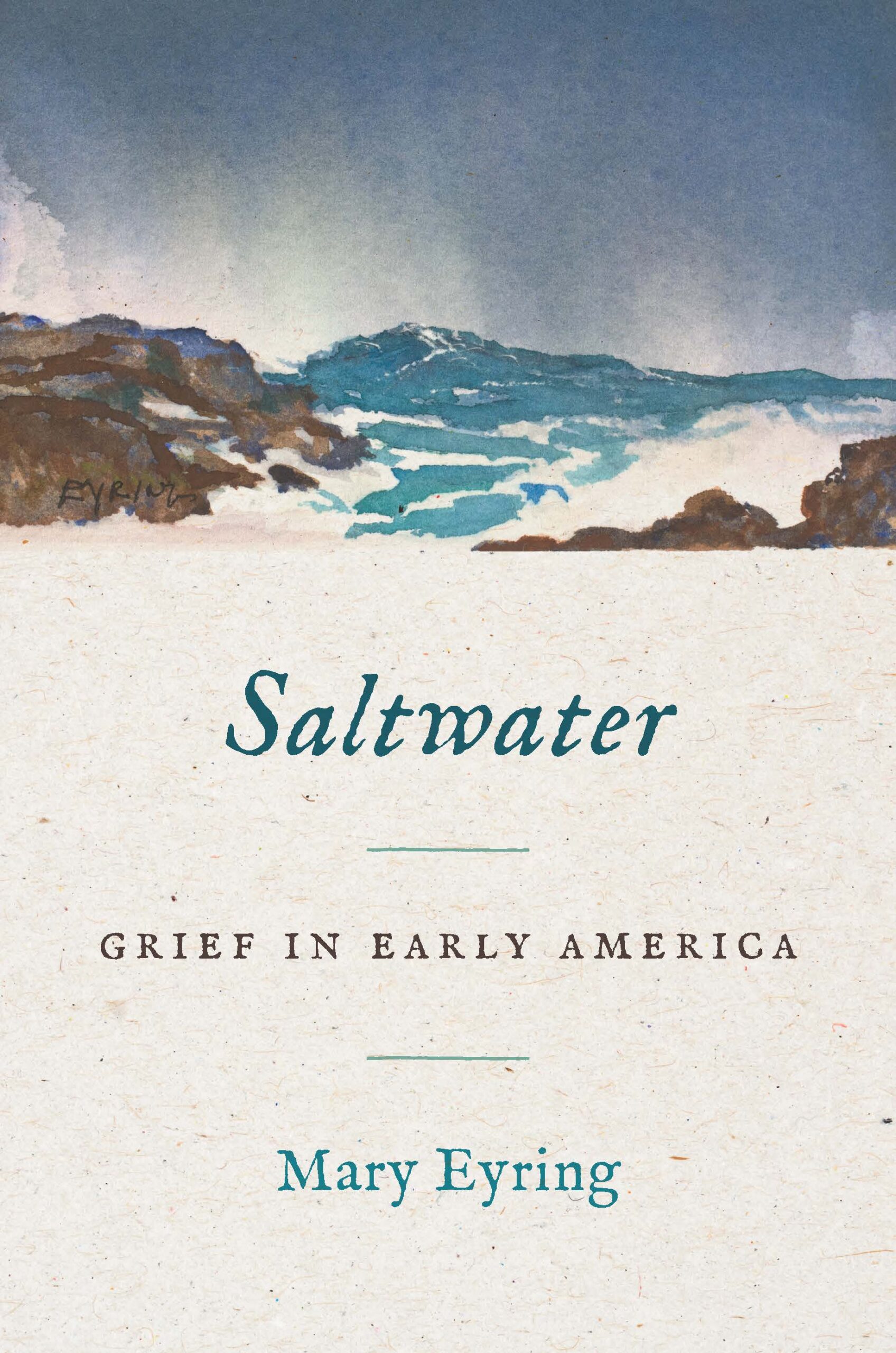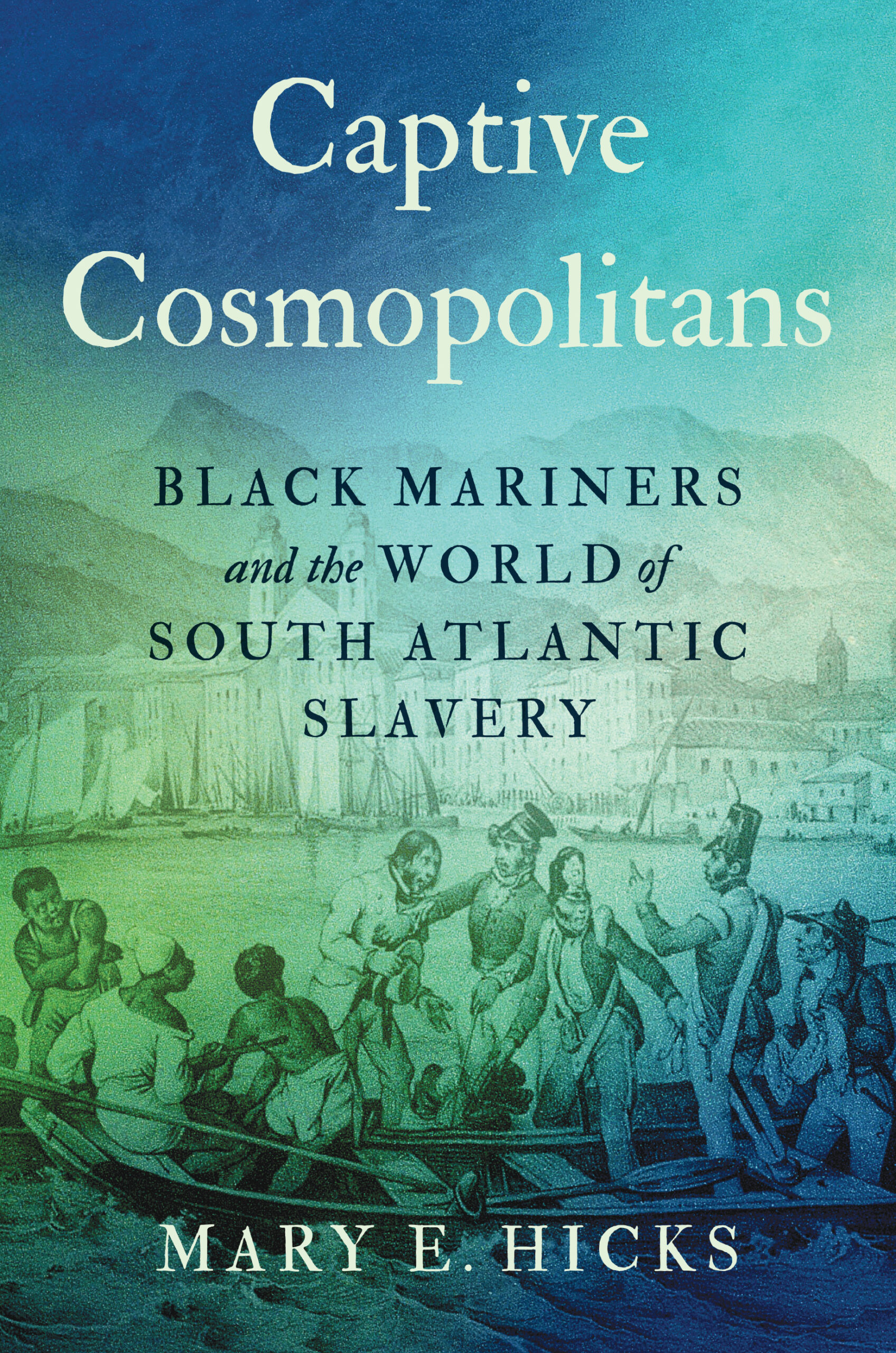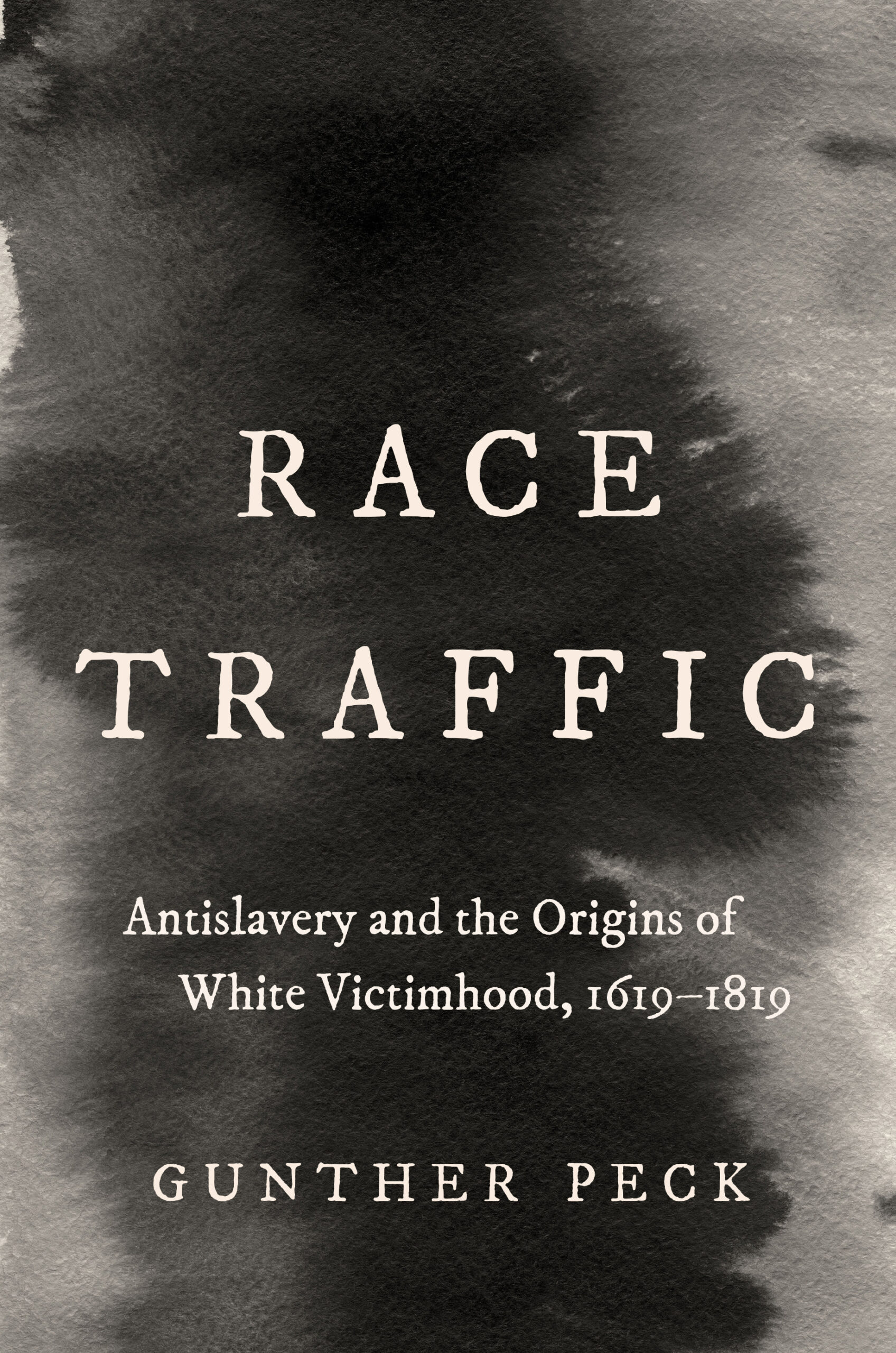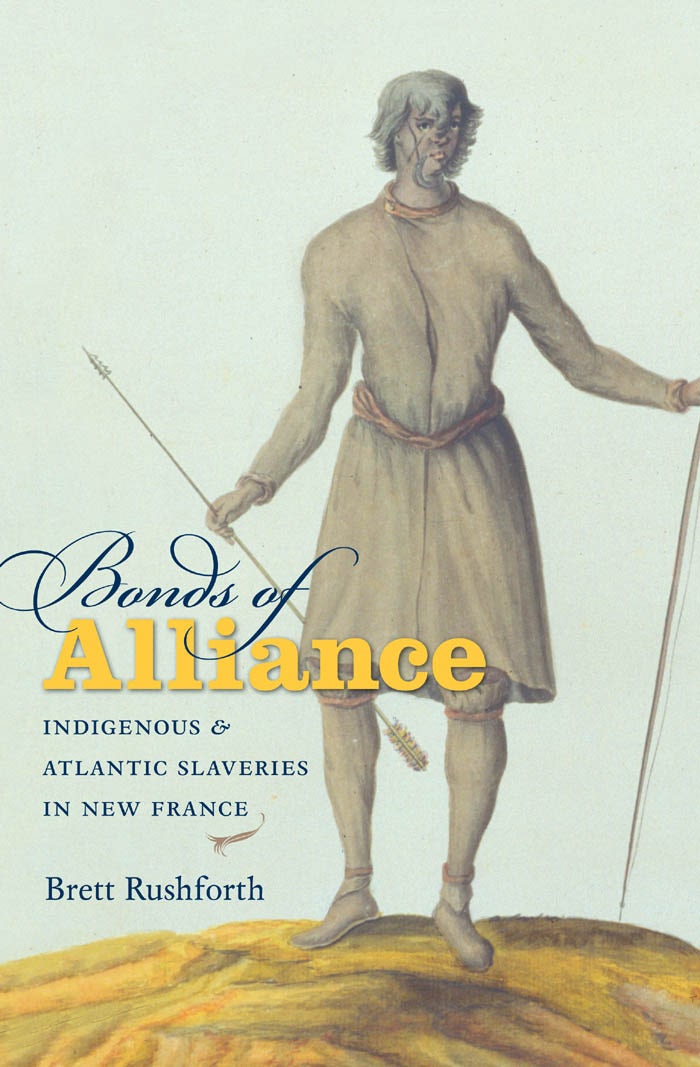
Description
In the seventeenth and eighteenth centuries, French colonists and their Native allies participated in a slave trade that spanned half of North America, carrying thousands of Native Americans into bondage in the Great Lakes, Canada, and the Caribbean. In Bonds of Alliance, Brett Rushforth reveals the dynamics of this system from its origins to the end of French colonial rule. Balancing a vast geographic and chronological scope with careful attention to the lives of enslaved individuals, this book gives voice to those who lived through the ordeal of slavery and, along the way, shaped French and Native societies.
Rather than telling a simple story of colonial domination and Native victimization, Rushforth argues that Indian slavery in New France emerged at the nexus of two very different forms of slavery: one indigenous to North America and the other rooted in the Atlantic world. The alliances that bound French and Natives together forced a century-long negotiation over the nature of slavery and its place in early American society. Neither fully Indian nor entirely French, slavery in New France drew upon and transformed indigenous and Atlantic cultures in complex and surprising ways.
Based on thousands of French and Algonquian-language manuscripts archived in Canada, France, the United States and the Caribbean, Bonds of Alliance bridges the divide between continental and Atlantic approaches to early American history. By discovering unexpected connections between distant peoples and places, Rushforth sheds new light on a wide range of subjects, including intercultural diplomacy, colonial law, gender and sexuality, and the history of race.
About The Author
Brett Rushforth is associate professor of history at the College of William and Mary.
Awards
The Merle Curti Award, Organization of American Historians (2013)
Biennial Book Prize, Forum on European Expansion and Global Interaction (2013)
Mary Alice and Philip Boucher Prize, French Colonial Historical Society (2013)
Finalist, Frederick Douglass Book Prize, Gilder Lehrman Center for the Study of Slavery, Resistance, and Abolition (2013)
Laurence Wylie Prize, Center for French and Francophone Studies, Duke University (2013)
Reviews
“A brilliant, bold, and remarkable journey into the Indian slave system of New France.”–American Historical Review
“Through his exhaustive research and attention to larger connections, Rushforth provides perhaps the most compelling account yet of the significance of Indian slavery to early American and Atlantic histories. . . . A must-read for historians of slavery, early American history, French colonial history, Atlantic history, and American Indian history alike.”–William and Mary Quarterly
“[A] sharp and superb study. . . . This book challenges us to seriously re-think slavery’s role, and the history of race, in French colonial projects in early Canada.”–Histoire sociale/Social History
“Rushforth [drew] on an impressive body of French- and Algonquian-language research and created a database that traces nearly two thousand Indian slaves. Such careful research enables Rushforth to recover the lives of individuals: their work, their social worlds, the ways violence—including sexual violence—framed their experiences of slavery.”–Journal of American History
“Compelling…powerfully argued…brilliant…a landmark of historical interpretation.”–Julie Saville, University of Chicago
“A book that will spark debate, scholarship, and conversation for years to come. . . . A brilliant, bold, and remarkable journey into the Indian slave system of New France.”–American Historical Review
“The extensive use of linguistic and archaeological evidence makes this a pathbreaking work. . . . Highly recommended. Graduate students, faculty.”–Choice
“A sophisticated analysis. . . . This academic work could also introduce a general readership to a wide range of subjects across disciplines including French colonial diplomacy, law, sexuality, race, slavery, and Latin America.”–Arkansas Historical Quarterly
“General readers and professional historians alike will enjoy and learn from Brett Rushforth’s fresh look at slavery in colonial North America and the Caribbean. . . . He successfully blends history and historiography with narratives and analysis.”–The Annals of Iowa
“Slavery is at once ubiquitous and highly localized in this masterly work by Brett Rushforth. . . . Bonds of Alliance engages with the historiographies of native studies, early America, early modern Europe, and the history of slavery, and it enriches them all.”–Journal of American History
